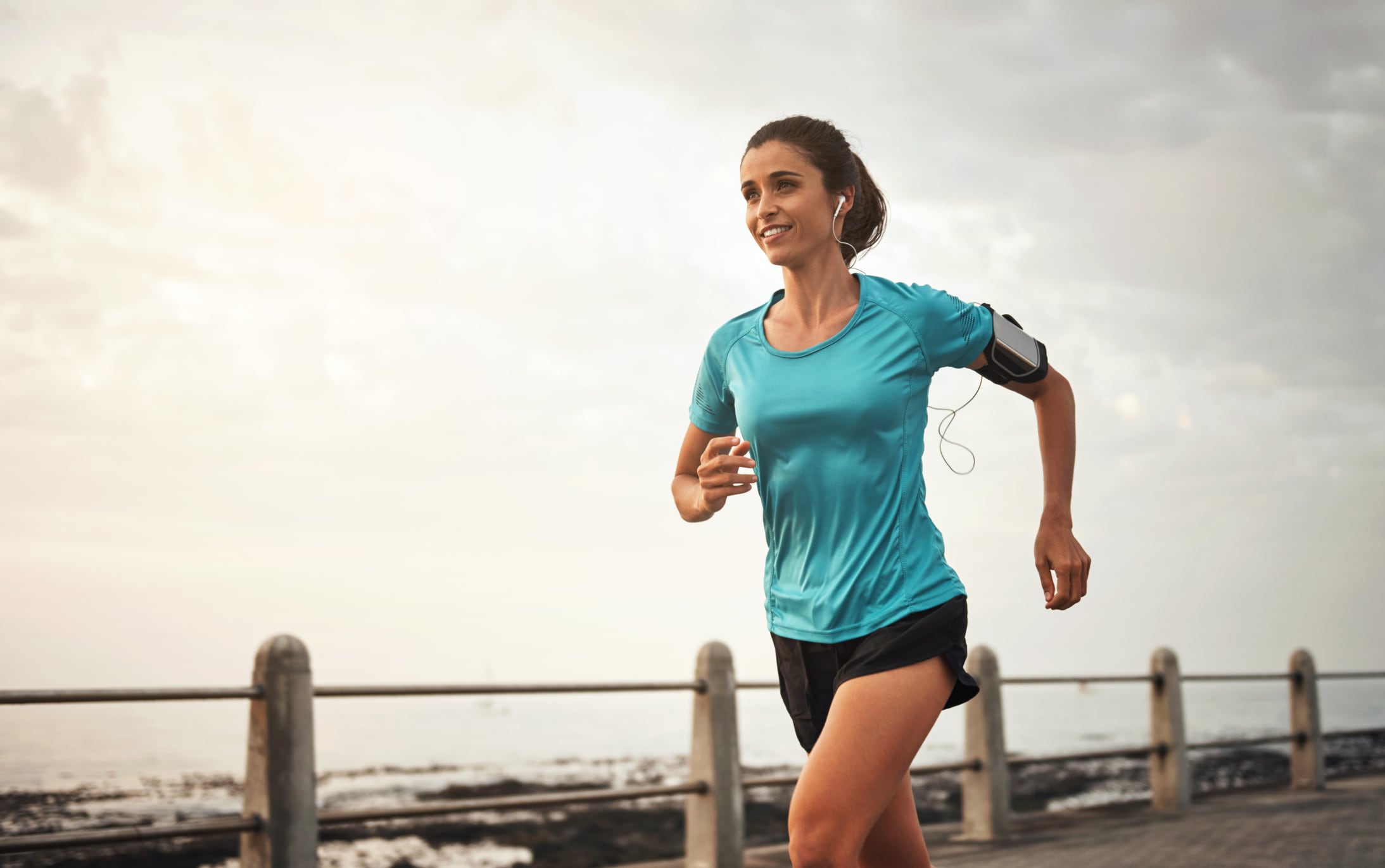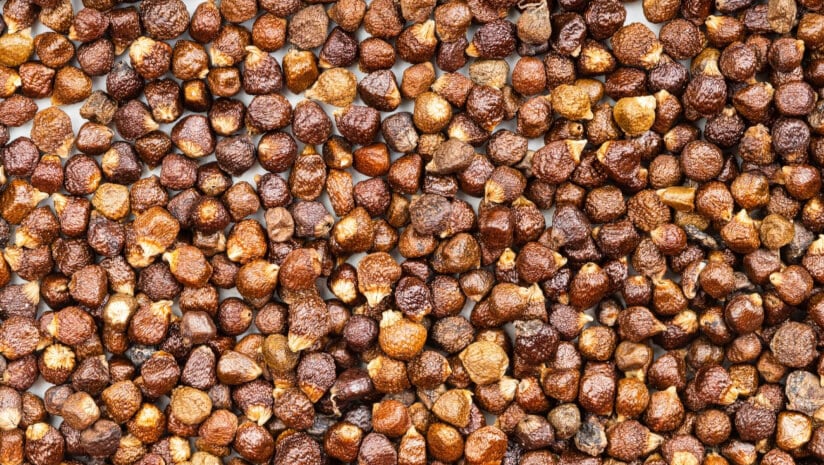With energy, sleep, lack of motivation and stress cited as barriers to committing to regular exercise, data from PLT’s new “Feeling Active” report highlights how consumers are increasingly focused on how they feel, not just how they look, when it comes to fitness and overall health.
“I’d like to say that we invented the concept of adding cognitive support to sports nutrition products, but it wouldn’t be true,” said Steve Fink, vice president of marketing for PLT Health Solutions. “It’s an idea that we ‘discovered’.
In the early 2010s, we came across comments about ‘this great ingredient that really improves my workout’ on bodybuilding bulletin boards. On their own, consumers were buying and talking about Zembrin [Sceletium tortuosum] and taking it alongside their pre-workout supplements. It made perfect sense to us, so we started talking to our sports nutrition customers about the idea of adding mood and focus benefits to their sports nutrition formulations.”
A growing market
According to the Nutrition Business Journal (NBJ), mood and mental health have emerged as top dietary supplement product trend in 2024, and the category is projected to exceed $2 billion by 2027.
Specific to sports nutrition, Mintel data indicates that 54% of consumers are seeking mental health benefits from their products, with 36% of consumers reportedly specifically purchasing mental focus supplements to enhance their physical performance.
These statistics are further supported by market figures: Data from Innova and provided by PLT indicated that there were 4,637 sports nutrition product launches with mental or cognitive positioning or claims between 2020 and 2025 (year to date), with a compound annual growth rate of 8.83% (2020-2024).
A spokesperson for the company told NI that product launches for 2025 have already surpassed the total from 2024.
Surveying activity and attitudes
PLT commissioned a survey to explore activity and attitudes toward exercise in a total of 546 people across the United States, Germany, France, the United Kingdom and Italy. It included questions relating to motivation, mood, goals and the impact of injuries. It also assesses attitudes toward dietary supplements and thoughts on cognitive support supplements in a sports/active context.
The key findings included:
• 62% of respondents regard exercise as “self-care”, which increased to around 75% for people over 60. On the other hand, 15% consider exercise as a chore, and that number increased to 19% for 45-to-59 year olds.
• The highest perceived barriers to regular exercise were inadequate energy or sleep (42%), lack of motivation (40%), time constraints (38%) and stress (31%).
• The main motivations for exercise are to be healthy and fit (59%) and looking good (21%), while 21% said that both are equally important.
• 69% would be focused on actions to improve mood and mental resilience when injured.
• 94% find the idea of a dietary supplement promoting a healthier relationship between mind and body appealing.
“Today’s sports/active formulation is more complex and sophisticated than ever, with consumers looking for a broader range of benefits,” Fink said. “Increasingly, they are looking to branded, science-backed ingredients to power those formulations.”

Ingredient portfolio
Beyond Zembrin, PLT’s cognitive health portfolio includes Rhodiolife (Rhodiola rosea extract), Nutricog (a blend of extracts from Terminalia chebula and Boswellia serrata), Zynamite (mango leaf extract), Serezin (a blend of Boswellia serrata and ginger extracts) and zumXR (extended-release caffeine). According to PLT, these ingredients are already featured in nearly 150 active/sports nutrition consumer products, with many move in the developmental pipeline.
A copy of PLT’s report can be downloaded HERE



